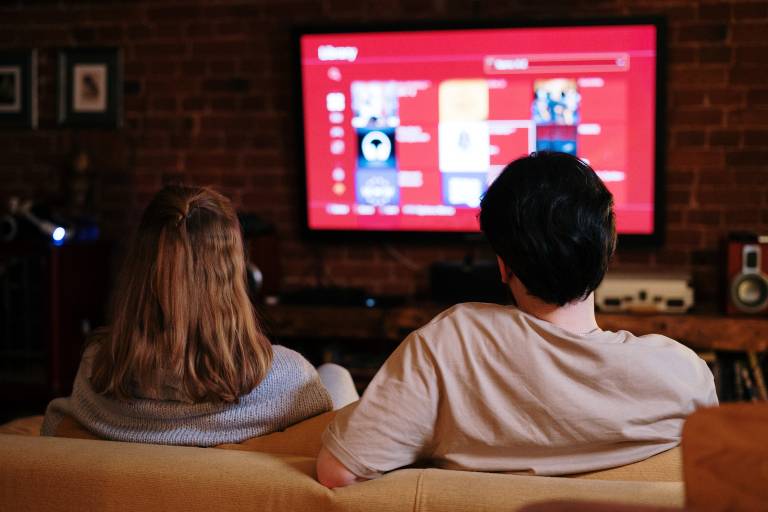Study uncovers how our brains connect the past and present
30 May 2023
A study led by Dr Avital Hahamy and Professor Tim Behrens (UCL Queen Square Institute of Neurology) has uncovered a brain mechanism that supports our understanding of ongoing experiences.

Daily experiences require us to process a continuous stream of information. An example of this is watching a movie. Although the movie is continuous, our brains chunk it into discrete events, such as scenes.
To comprehend each scene, we rely on our ability to interpret it in light of relevant past scenes. For example, when confronted with the final scene of a murder mystery, we interpret the identity of the culprit based on the clues presented in earlier scenes. The researchers wanted to investigate how our brains form links between the present experience and relevant past events.
This study, published in Nature Neuroscience, proposes that our brains accomplish this through a neural phenomenon termed “replay”. When rodents pause during a navigation task, their brains rapidly replay previous locations they have traversed until reaching their current position.
This replay mechanism is thought to encode past experiences into memory. In the current study, the researchers asked whether a similar mechanism could aid not only our ability to remember past events, but also our understanding of evolving experience on-the-fly.
To explore this question, the researchers used functional magnetic resonance imaging (fMRI) to monitor the brain activity of human participants while they watched a movie or listened to an audio story. The findings indeed revealed that, whenever a scene concludes, specific brain regions ‘replay’ pertinent preceding scenes necessary for comprehending the current scene.
This study suggests that our brains use replay to bind together relevant pieces of information that are distant in time, to help us make sense of ongoing experiences.
Dr Hahamy said:
“It's fascinating to consider that a mechanism previously associated primarily with spatial navigation in rodents could also underlie humans' ability to grasp narratives.
Our findings underscore the significance of translating knowledge gained from animal research into experiments that replicate real-life human behaviour.”
Related:
- Read the paper
- Dr Avital Hahamy’s research profile
- Professor Timothy Behrens’ research profile
- Wellcome Centre for Human Neuroimaging
- Queen Square Institute of Neurology
Photo by cottonbro studio on Pexels
 Close
Close

